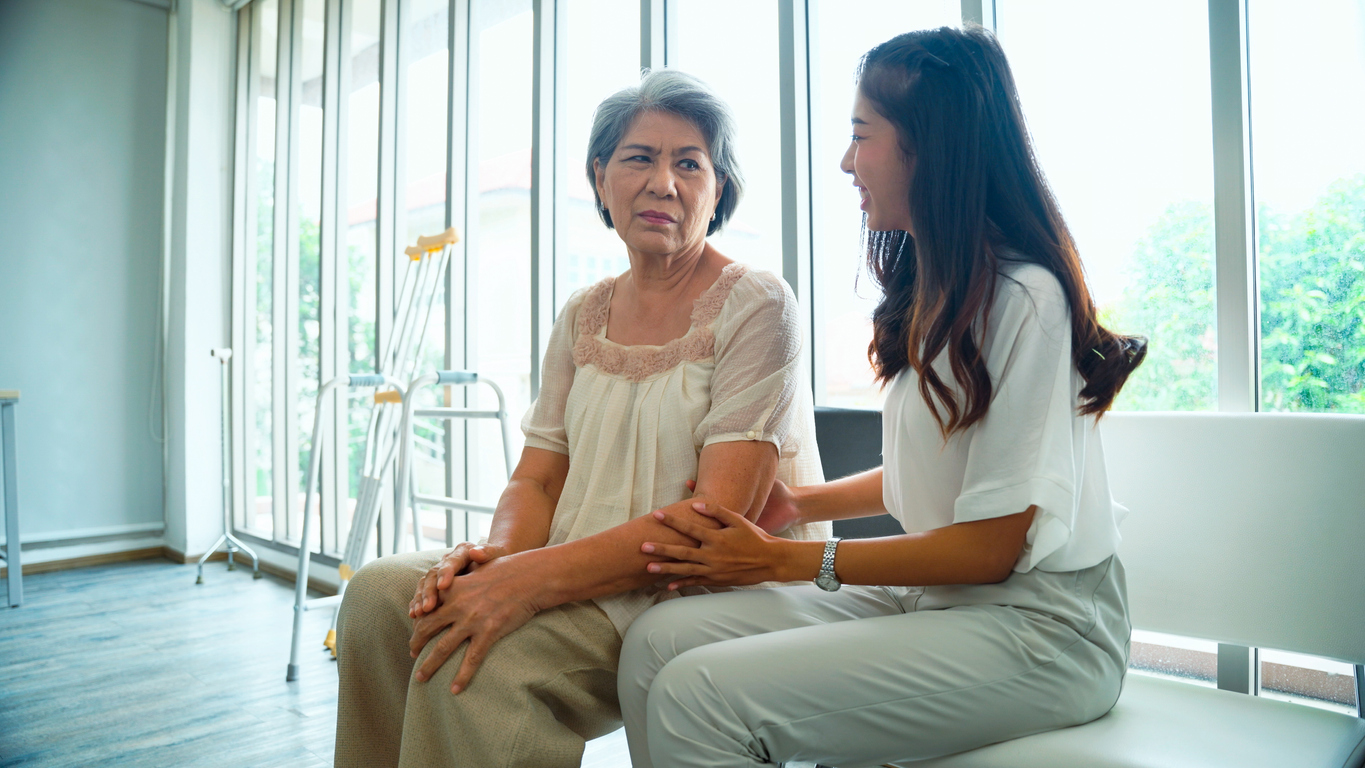Providing care and support to loved ones is a big job. And according to Institute on Aging, 75% of caregivers are women.
As people get older and experience declining health, the need for a caregiver increases. This work is hard and it’s usually unpaid. According to the AARP, about 41 million caregivers provide unpaid care in the United States. The burden of caring for an ill family member or friend can lead to the following:
- Emotional stress.
- Lost income.
- Physical tiredness from providing daily care.
- Feelings of loneliness and depression.
Adding Mental Health Support with Cognitive Behavioral Therapy
Apply the lessons of cognitive behavioral therapy (CBT) to decrease the impact:
- Learn to notice negative thinking. Start to replace them with positive thoughts.
- You might feel like you are not doing enough. Learn to go easier on yourself. Do your best - that's enough.
- Things like deep breathing and mindfulness meditation can help reduce physical and mental stress.
- Be sure to set aside time for self-care activities. Your health is important, too.
- Reach out to friends, family, or support groups. Don't let feelings of isolation bring you down.
- Set healthy boundaries. Share what you can and cannot do with loved ones.
- Be kind to yourself – you deserve it.
To all the strong women caregivers out there, you have a big impact on the lives you touch. Your commitment brings comfort to those you care for. Remember that you are making a difference every day. As you navigate the path of caregiving, remember to take care of yourself along the way and commit to taking time for self-care.




